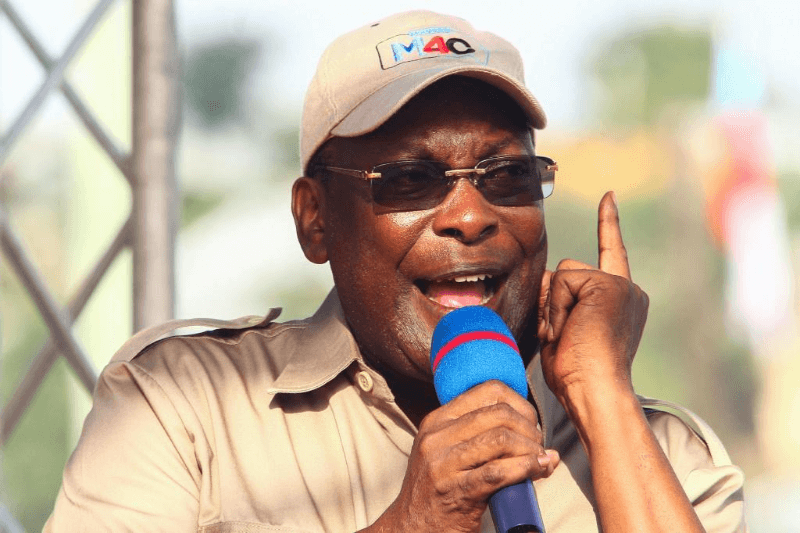Following large arrests at a forbidden youth meeting in the southwest of Tanzania, several leaders of the main opposition party, CHADEMA, together with hundreds of their supporters, were released on Tuesday. More than 500 CHADEMA supporters—including Chairman Freeman Mbowe of the party and Vice Chairman Tundu Lissu—were arrested throughout Sunday and Monday.
Human rights groups have denounced the arrests; Amnesty International, for example, worries that the operations were meant to scare the opposition ahead of the local government elections set for later this year and the national elections in 2025.
Citing concerns that it would perhaps “disturb the peace,” authorities had banned the gathering scheduled for Monday by CHADEMA’s youth section in Mbeya. Defending the arrests, Police Commissioner Awadh Haji said on Monday, “We will not allow a small number of criminals to undermine peace by emulating the unrest occurring in neighboring countries,” apparently in reference to recent youth-led demonstrations in Kenya that have inspired similar demonstrations in Nigeria and Uganda.
John Mrema, a CHADEMA spokesman, acknowledged the release of the party’s top leadership but pointed out that certain young wing sympathizers in Mbeya still under prison according to reports.
Tanzania’s arrests fit a larger regional setting of political turbulence. Protests against proposed tax hikes in Kenya in June resulted in large-scale demonstrations and a brief parliament break. Protests with less numbers have persisted even if Kenyan President William Ruto later revoked the law and changed his government.
Keep Reading
On Monday, Sarah Jackson, Deputy Regional Director for East and Southern Africa of Amnesty International, sent a statement urging Tanzanian officials to “cease arbitrary arrests and detentions of political opposition figures and to halt the intensifying suppression of civic freedoms.”
Human rights activists are worried about the continuation of arbitrary detentions and political freedom persecution in the nation even while President Samia Suluhu Hassan, who took office in 2021, has made some attempts to reduce media and opposition restrictions.

